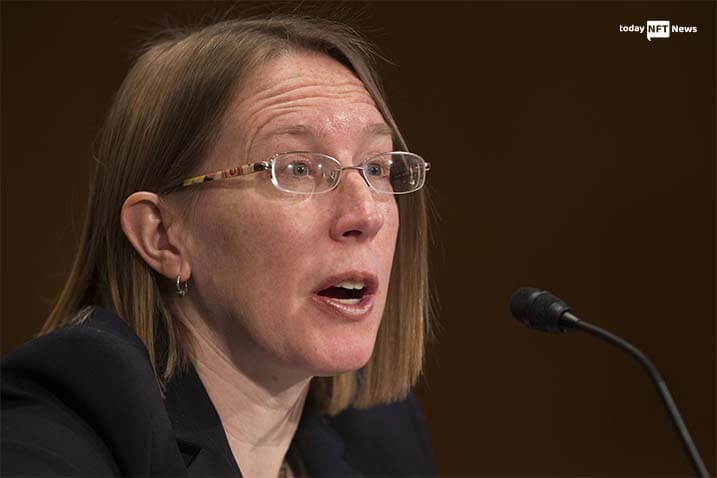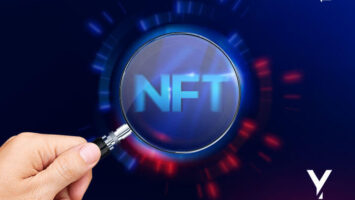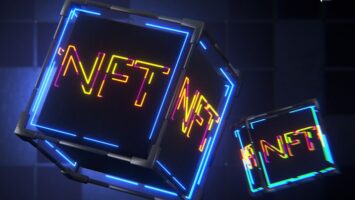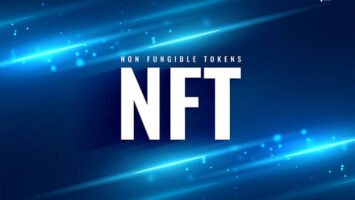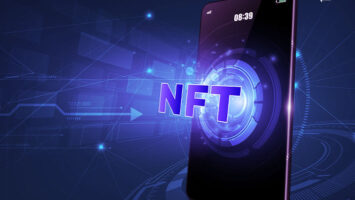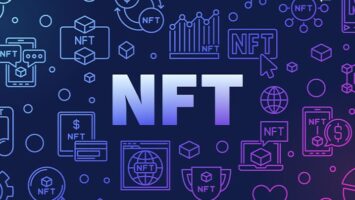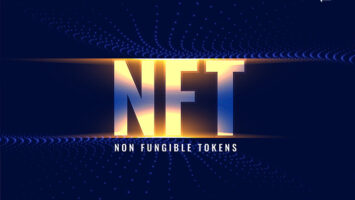SNEAK PEEK
- Peirce believes that a good government approach means stating the law clearly and bringing enforcement actions if people violate the law.
- Peirce thinks that the SEC can offer clarity to NFT creators but the federal agency has decided not to provide that guidance.
- She added that specific classic traits of securities must be avoided by project creators so as to stay away from violations.
The Securities and Exchange Commission is investigating Yuga Labs on the grounds of violating securities. However, the Commission has not issued any statement about its position on non-fungible tokens, which has made creators annoyed and uncertain regarding how to navigate what according to them is an ambiguous regulatory environment.
These creators are lucky to have someone concerned about them, Hester Peirce, SEC Commissioner, who is fondly called “Crypto Mom” in the industry.
She said that according to her, the SEC has given quite less clarity on NFTs. She added that there’s ample ambiguity and in such conditions, people must be careful since it isn’t the right state.
One among the five presidentially chosen commissioners in the bipartisan SEC, Peirce has disagreed with the agency’s move towards crypto regulation and now towards NFTs as well.
Peirce feels that the SEC has gone into the opposite direction in terms of NFTs. According to the SEC, securities laws need enforcement for this area only, neither modified nor interpreted.
In January 2022, the organic trading volume of the NFT market was $5.36 billion. However, owing to the crypto crash that happened in May, the figure came down to roughly $1 billion in terms of monthly NFT trading volume.
Giants like Twitter and Meta have rolled out NFT compatibility exclusively for their own social media channels that signal a concession in world’s biggest technology companies meaning that the novel technology is meant to stay.
Additionally, she said:
We could set out parameters within which people could operate. We could draft some kind of a class no-action letter which says, ‘If you do these things, we’re not likely to recommend an enforcement action against you.
Peirce didn’t name any particular NFT project’s actions that led to violation of securities. However, she didn’t also rule out the possibility that profile picture and generative NFT collections like Moonbirds, BAYC and CryptoPunks could be categorized as securities.
Such projects made billions of dollars in secondary sales, but claim to be art pieces that provide benefits and social utility to the holders’ community. A resolution as to the securities status of such collections must come down to facts and circumstances.
Legal professionals like Brian Fyre, University of Kentucky law professor, said that NFT projects such as BAYC could be categorized as securities, provided the SEC follows this route. He added, when you purchase a Bored Ape, its value goes up or falls down in accordance with the value of the BAYC brand.



